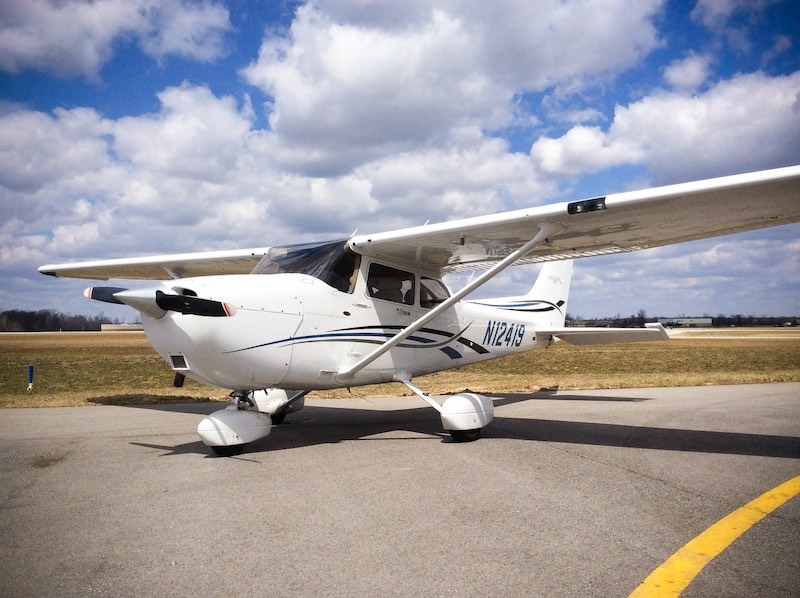

Important Considerations Before Purchasing an Aircraft
Whether it’s the time of year or the progress in pulling through the COVID-19 pandemic, or a combination of both, we have recently seen an increase in the number of inquiries for insuring a newly purchased aircraft. It’s great to see the industry moving forward, and it’s always an exciting time for the operator, whether the purchase is for an addition to their hobby, an upgrade needed for business purposes, or any other reason.
Because the process of the purchase has a lot of moving parts — including finding the right aircraft, contract negotiating, inspections, financing (if needed), or the logistics of getting the aircraft –– sometimes insuring the aircraft comes as an afterthought. Because of this, we’ve run into some situations where the purchasing process is more difficult than it should be, or in some cases, kills the deal.
The underwriting requirements for getting an aircraft insured are inescapable if you plan on insuring the aircraft. Regardless of FAA requirements or what you feel you are comfortable with in terms of operating an aircraft, you will still need to meet the requirements set by the insurance carrier. These could be anything from having a set number of hours of tailwheel experience to obtaining your instrument rating to the pilots needing the required training in the make and model of an aircraft.
Unfortunately, we have seen some instances of purchase agreements being signed and pre-buys being complete, only to find out that the pilot(s) do not meet these requirements. Of course, this puts everything on hold until we are able to find a way to structure the policy or get the pilot(s) up to speed in order to get the aircraft covered. If this comes as the last step of the purchasing process, it can cause delays or a disruption in getting the aircraft in the air as initially planned.
The only way to avoid the headache of having to scramble to get the aircraft insured, along with all of the other steps in this process, is to contact your broker early on so you know what issues may arise, if any. Obviously, we have a lot of situations where there are no hurdles to jump, but it’s always better to know early in the process to avoid any unexpected delays.
